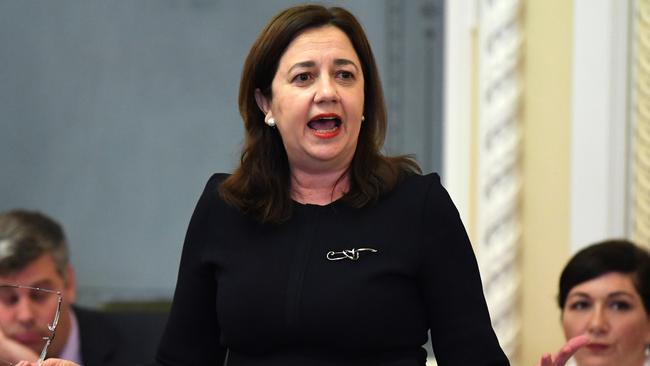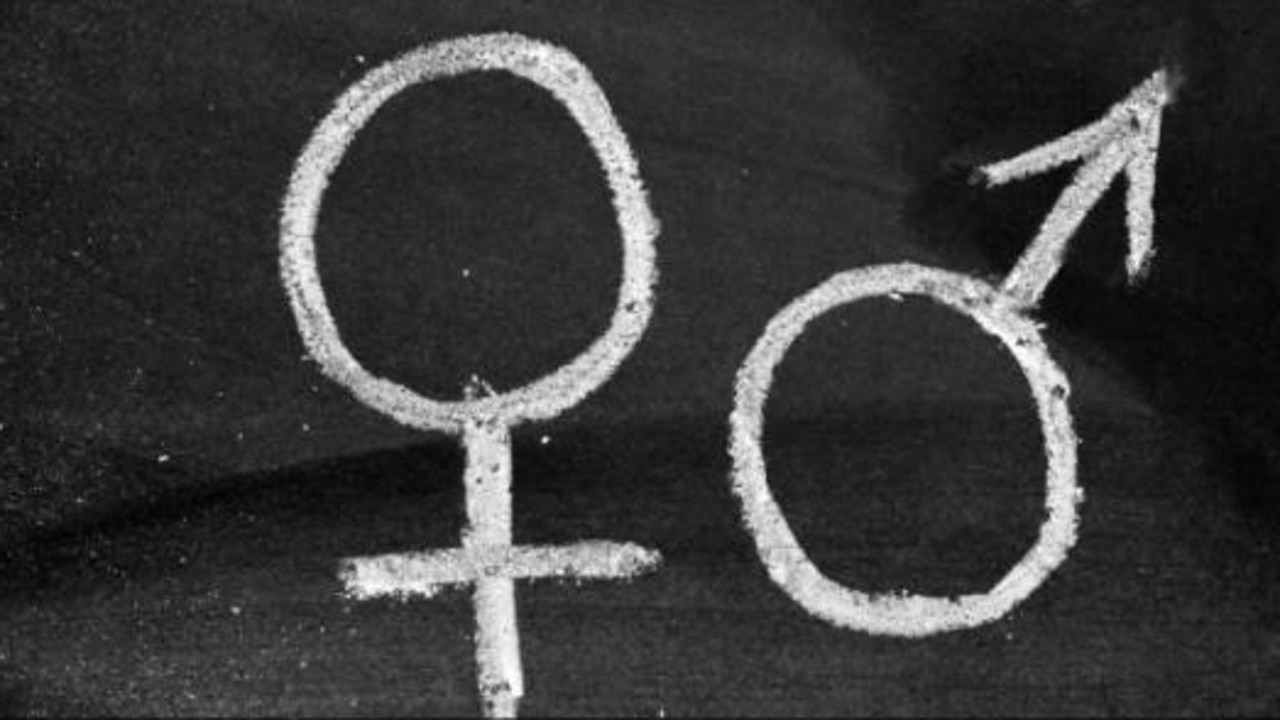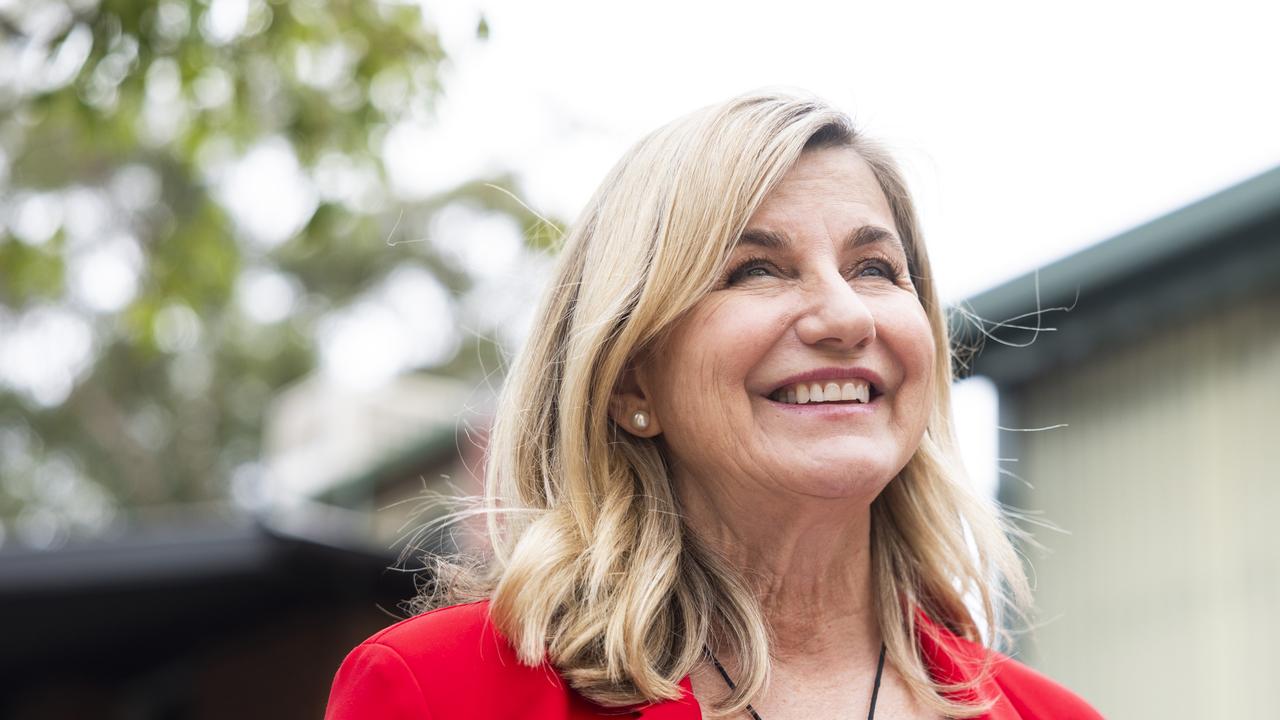Labor’s $1m election limit for unions, GetUp
Qld would let unions and GetUp spend up to $1m each, and could run taxpayer-funded ads.

Campaign finance reforms in Queensland would still allow unions and GetUp to spend up to $1m each, likely to the detriment of the LNP, and allow the Palaszczuk government to run taxpayer-funded ads when political party spending is restricted.
Following widespread disquiet over Clive Palmer’s $67m outlay for the federal election, the state Labor government will consult on a package of reforms including more public funding for parties and candidates.
From this weekend to the state election in October next year, parties and candidates will face a yet-to-be-legislated cap on campaign expenditure. For a party, that would limit the amount spent in any electorate to $92,000, plus $58,000 from an endorsed candidate, while third parties would have an electorate cap of $87,000 for an overall limit of $1m.
It is unclear how the rules would apply to elected MPs and their routine electorate expenditure, such as leaflet drops and advertising. Government advertising rules impose only some restrictions six months out from an election, meaning the Palaszczuk government could still promote its record using taxpayer funds.
In the six months before the last election, the Department of Premier and Cabinet managed to spend more than $3m on marketing.
Premier Annastacia Palaszczuk said on Tuesday the new expenditure caps would “absolutely” place more pressure on governments to abide by the advertising rules.
“I wouldn’t concede that there’s an advantage (to being the incumbent government), I think what this does it make it more of a level playing field,” Ms Palaszczuk said.
While the unions would not be able to donate as much to Labor, Deputy Opposition Leader Tim Mander said they were third parties and still able to spend $1m each to support the government’s re-election campaign. “The Labor Party only introduces laws like this if it benefits the Labor Party: it’s corrupt, it stinks and it’s anti-democratic,” Mr Mander said.
For the following four-year term of parliament, the Labor government plans to cap donations at $4000 for parties, and a maximum $6000 to candidates of the same party, and $4000 to a maximum of six third parties.
Attorney-General Yvette D’Ath said the reforms would remove the incentive to raise money through controversial methods such as cash-for-access meetings.
“It doesn’t matter if you’re big business, lobbyists, unions or individuals, you will all be limited by the same donation caps,” she said.
Labor under Anna Bligh banned cash-for-access meetings but they returned under Ms Palaszczuk, raising at least $433,000 at this year’s party conference, where business observers paid $5500 per person for a 10-minute meeting with a cabinet minister. The LNP has run similar events but, unlike Labor, refused to disclose who its frontbenchers met. In future, candidates and parties would need to be more strategic with third parties, and raise smaller amounts from more donors, which Ms Palaszczuk suggested would be “a lot of sausage sizzles and chook raffles”.
Campaign expenses would be reimbursed up to $6 per vote for parties, and $3 per vote for candidates, provided they secured at least 4 per cent of the primary vote.



To join the conversation, please log in. Don't have an account? Register
Join the conversation, you are commenting as Logout